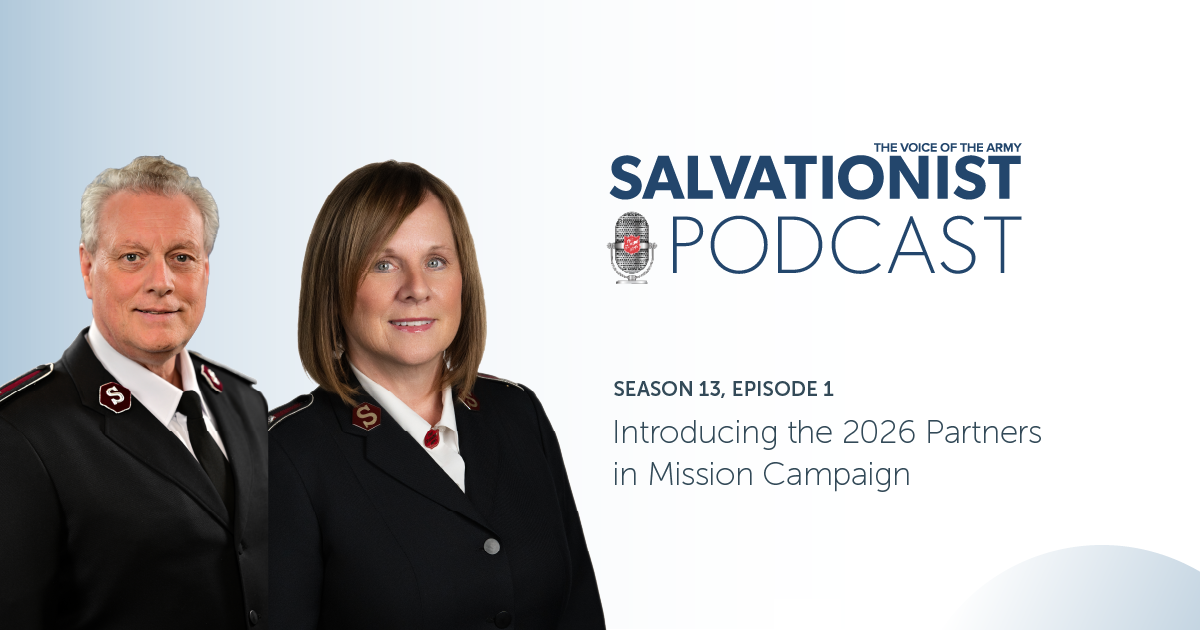 Human sex trafficking is slavery—people being bought and sold for the purposes of sexual exploitation. You may think this is just an international issue, but women are imported into Canada to work in the sex industry. Traffickers also prey on Canadians—recruiting, deceiving, controlling and exploiting those who are vulnerable because of sexual abuse, loss or family breakdown. Young girls are trafficked from aboriginal communities to urban centres, teenagers are trafficked from “nice” neighbourhoods to “bad” ones, women are trafficked from small towns or provinces to larger ones. With the Olympics coming to Vancouver in 2010, it is predicted that there will be an increase in human sex trafficking to meet the increased demand for commercial sex.
Human sex trafficking is slavery—people being bought and sold for the purposes of sexual exploitation. You may think this is just an international issue, but women are imported into Canada to work in the sex industry. Traffickers also prey on Canadians—recruiting, deceiving, controlling and exploiting those who are vulnerable because of sexual abuse, loss or family breakdown. Young girls are trafficked from aboriginal communities to urban centres, teenagers are trafficked from “nice” neighbourhoods to “bad” ones, women are trafficked from small towns or provinces to larger ones. With the Olympics coming to Vancouver in 2010, it is predicted that there will be an increase in human sex trafficking to meet the increased demand for commercial sex.
The Salvation Army wants to prevent human trafficking through education about the issue. All over the territory, Salvationists are working with like-minded community partners to create awareness about human sex trafficking. On Parliament Hill, The Salvation Army meets with elected officials to share information about human trafficking. Last year, The Salvation Army in Newfoundland and Labrador hosted a multi-disciplinary anti-trafficking conference. In Bermuda, Salvationists have written informational articles for local newspapers. Recently in a high-risk neighbourhood of Calgary, The Salvation Army spoke to 70 teachers about human trafficking and equipped them with lesson plans to educate youth. In Toronto, teens organized a fundraising art show entitled Break the Chains.
The Salvation Army has committed to protect and serve victims of sex trafficking. “It is not unusual in Montreal's Hochelaga-Maisonneuve to see women, both young and old, prostituting themselves,” says Captain Rachele Lamont, corps officer. “These women are not just from Quebec, they have also been brought here from other places,” she says.
Traffickers also prey on Canadians—recruiting, deceiving, controlling and exploiting those who are vulnerable
In Vancouver, a group of young Salvationists participate in Night Lights, reaching out to sexually exploited people on the streets of the infamous Downtown Eastside. Around the country there are also prostitution diversion programs where The Salvation Army's correctional and justice services connects with prostituted women.
The Salvation Army believes redemption for all people is possible, and so is committed to restore traffickers, johns and others in the commercial sex industry. “Across the country from Moncton, N.B., to Ottawa to Winnipeg to Saskatoon, The Salvation Army operates prostitution offender programs for men who have been caught attempting to buy sex,” says Dianna Bussey, chair of the territorial anti-trafficking network.
Above all else, The Salvation Army recognizes the need to pray about human trafficking and for its victims. In 2006, the Canada and Bermuda Territory initiated a Weekend of Prayer for Victims of Sex Trafficking. The weekend has since become an internationally-recognized call to prayer from the General. The territory's 2009 theme, More Precious Than Silver, affirms the inherent worth of trafficked persons.
“At the end of September, Salvation Army corps around the world commit to praying specifically for those affected by human trafficking and the sex trade. We hope all corps in Canada and Bermuda will join in on this important weekend,” says Dr. James Read, executive director of the Ethics Centre, which is co-ordinating the weekend.
As Salvationists, let's continue to prevent, protect, restore and especially pray about human trafficking.
Pray, Prevent, Protect, Restore
PRAY for people who are vulnerable or at risk of being trafficked. The average age of Canadian women entering the commercial sex industry in Canada is 13-14, and young aboriginal women are disproportionately at risk. Pray for safety, protection and wisdom for young women.
PRAY for sexually trafficked persons. Pray for their safety, and that they will find hope, freedom and restoration. Pray that victims will get the services they need, such as healthcare, counselling, shelter and legal advice.
PRAY for human traffickers and all those involved in the sex industry. Pray for repentance, change, justice and restoration.
PRAY for people fighting human sex trafficking. Pray for the police, The Salvation Army and all of its partners who are doing what they can to see an end to human trafficking. Pray for wisdom, compassion, patience and co-operation.
For more information and prayer resources, visit www.salvationist.ca/trafficking
Rochelle McAlister is a Project Associate, Ethics Centre, Winnipeg.









Prayer and HT are vital togather and I haved asked our Corps Officer to put this on the prayer circle as well as the prayers for those involved in the 2010 games.